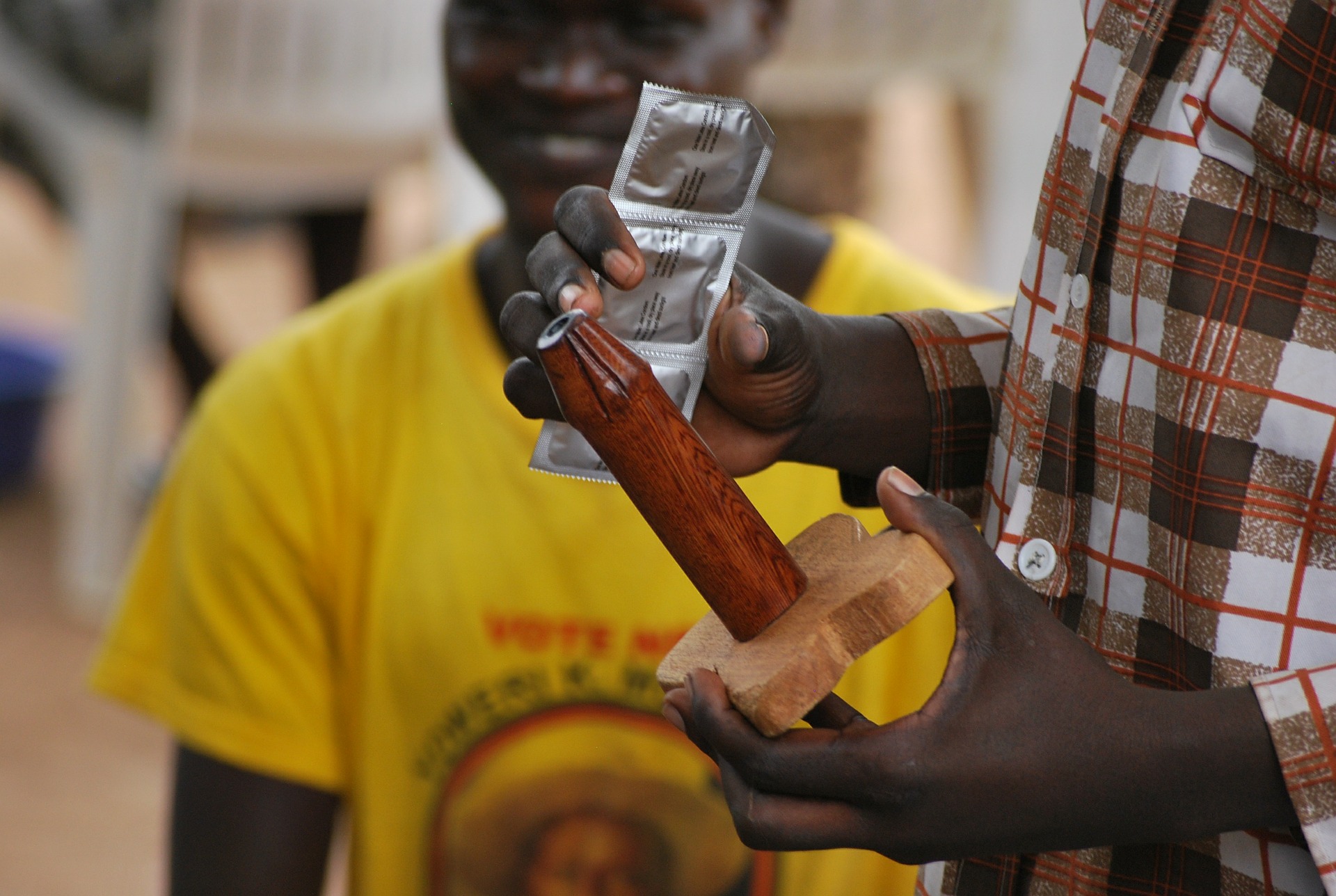
Kenyan teens want to be taught how to use contraceptives

Findings of a study on teens aged between 15 and 17 in Homa Bay, Mombasa and Nairobi counties have revealed that Kenyan teenagers want to be taught how to use contraceptives as part of sexuality education in school and at home.
A number of teens in Kenya are already sexually active and believe that learning about how to use, and where to get, condoms, oral pills and injectables will help protect themselves against sexually transmitted diseases and unwanted pregnancies.
Researchers from the Guttmacher and African Population and Health Research Center interviewed 2,484 teenagers for the study.
Respondents said they were very interested in knowing about HIV/Aids, reproductive health, puberty and the resulting physical changes in the body, abstinence, and sexually transmitted diseases, reported Daily Nation.
Only two out of every 10 interviewed said they knew anything about contraceptive methods; only one out of 10 said they knew how to use contraceptives, and less than two out of 10 said they knew where to find them.
The outcome of the study is thought to have put parents and teachers on the spot for not being pro-active enough to ensure the sexual or reproductive health of children.
Almost three out of every 10 teenagers interviewed said they were sexually active, majority of whom were males.
Respondents said the current sexuality education curriculum is “highly moralistic” and fear-based as it only preaches abstinence.
The United Nations Population Fund (UNFPA) defines child sexuality education as one that aims to equip children and young people with information, skills, attitudes and values that will enable them to develop a positive view of their sexuality, in the context of their emotional and social development. It can be done in or out of school.
The education not only covers the prevention of pregnancy and sexually transmitted infections, but also sexual anatomy and physiology; reproduction, pregnancy and childbirth; HIV/Aids; family life and interpersonal relationships; and culture and sexuality.
Respondents in the survey suggested that although parents expect them to learn some sexuality education in school, teachers on the other hand expect parents to provide this information at home.
Fewer than 10 percent of teachers showed contraceptive methods to their students, and only 27 percent of these had explained the proper way to use a condom.






